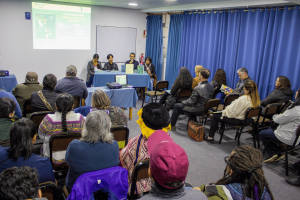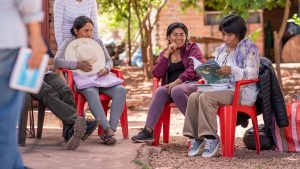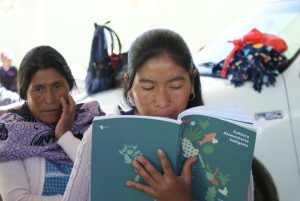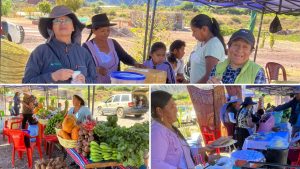The city of Cusco was the setting for the launch of "Indigenous Food Culture: Territory, Tradition and Transformation of Food...
Rimisp webinar addresses the future of indigenous food systems
The closing event of the Networks for Agri-Food Transformation” project offered a space for dialogue on the projections and challenges of the agrifood systems of the indigenous peoples of Latin America.
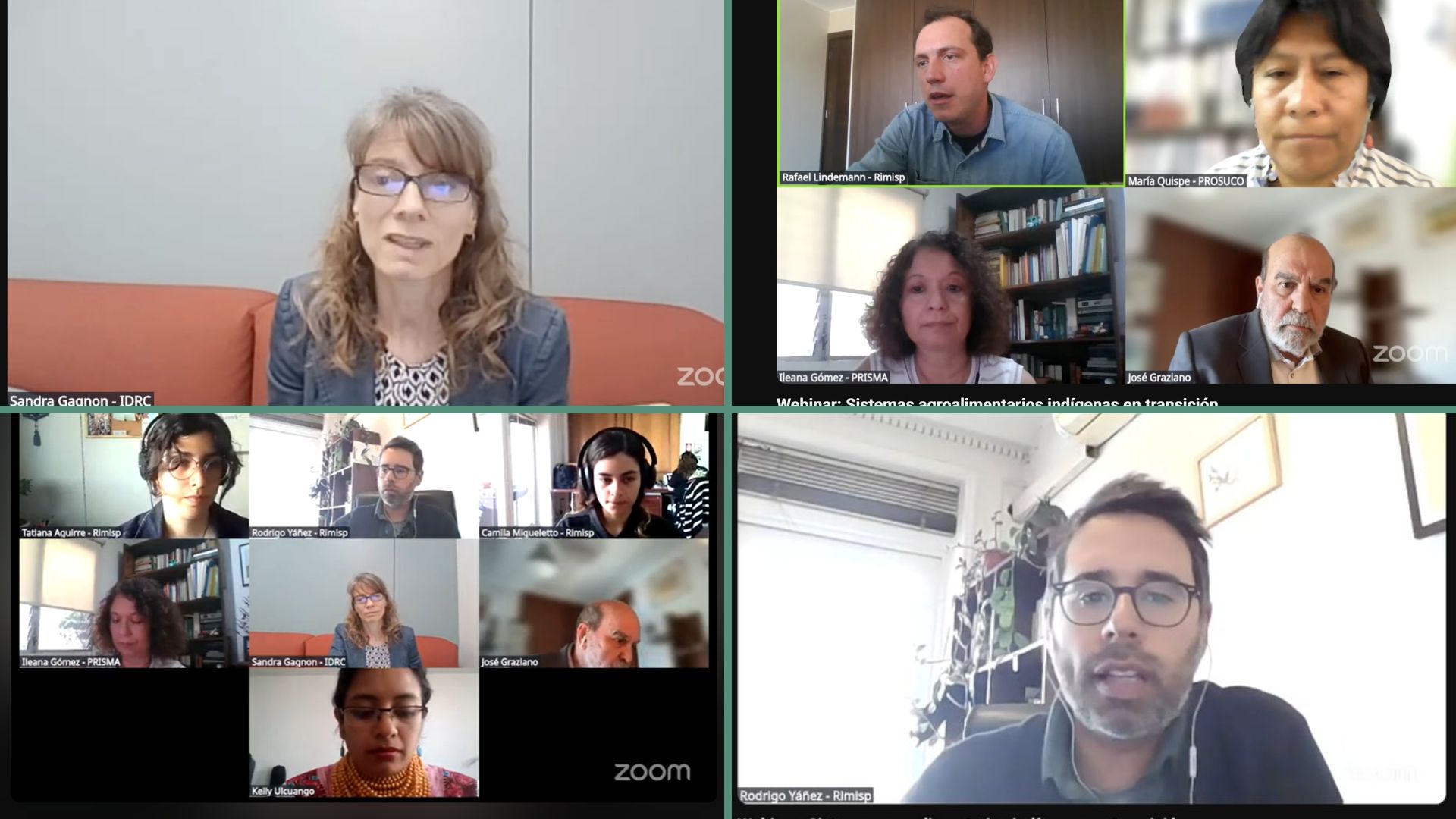
Rimisp – Latin American Center for Rural Development, in the framework of the Networks for Agrifood Transformation project, organized the webinar “Indigenous agro-food systems in transition” to mark the closing of the initiative, which ran from 2022 to 2025. With the support of the International Development Research Centre (IDRC) of Canada, the project aimed to support the sustainable transformation of agrifood systems in three rural territories in Latin America.
During the event, results of the project were shared and the relationship between agroecology and indigenous peoples was the relationship between agroecology and indigenous peoples was discussed in depth.. Rimisp developed the project together with three local partner organizations: CESDER-PRODES in the Sierra Norte de Puebla, Mexico (with Nahuatl communities); APROBA-SANK in Alta Verapaz, Guatemala (with Q’eqchi’ Mayan communities); and PROSUCO in the Municipality of Torotoro, Bolivia (with Quechua communities).
REFLECTIONS AND LESSONS LEARNED FROM THE PROJECT
Rodrigo Yáñez, director of Rimisp in Chile, was in charge of opening the webinar highlighting that one of the main learnings of the project is that indigenous knowledge and production systems are highly integrated. Unlike the western view, these systems are not subdivided into separate dimensions, but rather production, food, culture and health are closely connected.
In this context, agroecology is presented as an appropriate way to transition to more sustainable systems. The director of Rimisp in Chile underlined that agroecology is not dogmatic, and that actions such as the occasional use of agrochemicals or the consumption of processed beverages do not stop the transition process. Yáñez concluded that agroecology is, in essence, “another way of talking about social justice”.
AGROECOLOGY, INDIGENOUS PEOPLES AND AGRI-FOOD SYSTEMS
The first panel, chaired by Tatiana Aguirre of Rimisp, explored the relationship between agroecology and indigenous communities with the objective of reflecting on the nexus and contributions of this approach. The panelists were: Ignacia Serrano from CESDER-PRODES (Mexico); Ernesto T Chub from APROBA-SANK (Guatemala) and Kelly Ulcuango from Amawtay Wasi University (Ecuador).
The second panel, moderated by Rafael Lindemann of Rimisp, focused on the future of indigenous food systems.. The panelists imagined possible scenarios, identified challenges and opportunities, and discussed the actions needed to strengthen these systems. The panelists for this session were: Maria Quispe of PROSUCO (Bolivia); Ileana Gomez of PRISMA (El Salvador) and Jose Graziano of Instituto Fome Zero (Brazil).
The event culminated with the final acknowledgements by Rodrigo Yáñez, who highlighted the importance of bringing together colleagues from so many countries to talk about food systems and indigenous peoples. “Listening to the diversity of accents and nuances of each country allows us to build a Latin American narrative”, concluded the Rimisp director.
News
Project News
Communities in Bolivia and Ecuador receive the latest pre-releases of the book “Indigenous Food Culture”.
Since the end of October, Rimisp and its territorial partners have visited communities in Colombia, Mexico, Guatemala, Bolivia and Ecuador...
New pre-launches of the book “Indigenous Food Culture” are held in Mexico and Guatemala
The publication edited by Rimisp continued its route through Latin America with meetings in the Sierra Norte de Puebla and...
Country news
Communities in Bolivia and Ecuador receive the latest pre-releases of the book “Indigenous Food Culture”.
Since the end of October, Rimisp and its territorial partners have visited communities in Colombia, Mexico, Guatemala, Bolivia and Ecuador...
New pre-launches of the book “Indigenous Food Culture” are held in Mexico and Guatemala
The publication edited by Rimisp continued its route through Latin America with meetings in the Sierra Norte de Puebla and...
Successful 1st Agroecological Productive and Healthy Food Fair in Torotoro, Bolivia
The event, held as part of the Networks for Agrifood Transformation project, took place in the Rancho Pampa community.
Subscribe
Our offices:

- Chile: Huelén 10, Providencia, Santiago, Metropolitan Region (+56-2) 2236 4557 | Fax (+56-2) 2236 4558.

- Ecuador: Czechoslovakia E9-95 between Switzerland and Moscow. Eveliza Plaza Building. Ground Floor. Quito. (+593-2) 5150144.

- Colombia: Carrera 9 No 72-61 Office 303. Bogotá. (+57-1) 2073 850.
